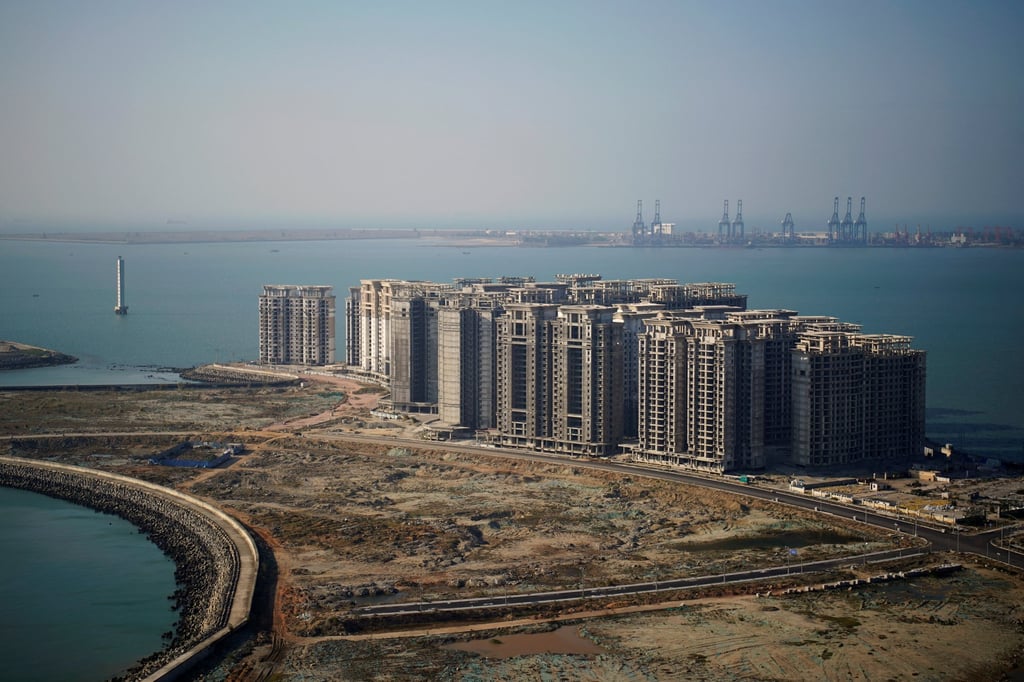Investors shun Chinese developers as bond sales slump 70 per cent with market frozen for many junk-rated borrowers amid defaults
- Chinese real estate companies issued 48.1 billion yuan (US$7.6 billion) worth of bonds in January, a 70 per cent decline from a year earlier
- The average yield on property firms’ bonds issued in January was 8.63 per cent, an increase of 263 basis points compared to December

Chinese real estate companies issued 48.1 billion yuan (US$7.6 billion) worth of bonds in January in both local and foreign currencies, according to Beike Research Institute (BRI), a research arm of KE Holdings, China’s biggest online property broker. That is a 70 per cent slide from a year earlier.
“The credit environment has not fully improved, but we see positive signals from the central government are helping to ease the headwinds affecting the sector,” the institute said in a research note on Wednesday.
Chinese junk bonds have lost 34 per cent over the past six months, according to an ICE BofA Index that tracks US$56 billion of dollar bonds dominated by home developers. The yield has risen to about 23 per cent this week, from 10.5 per cent in June, shutting out borrowers. It reached 25 per cent in November, a level not seen since March 2009.

The confidence of the bond investors has been damaged since late last year when one home builder after another defaulted on their debts or pleaded with creditors to extend payment deadlines.
While China Evergrande Group, Fantasia, Modern Land and Kaisa Group Holdings were among the major developers that defaulted on their offshore debt amid a liquidity crunch, others such as China Aoyuan Group and Yuzhou Group have joined the list this year.